Do you have a fascination with ancient history and art? These are the top ancient art museums in Catalonia:
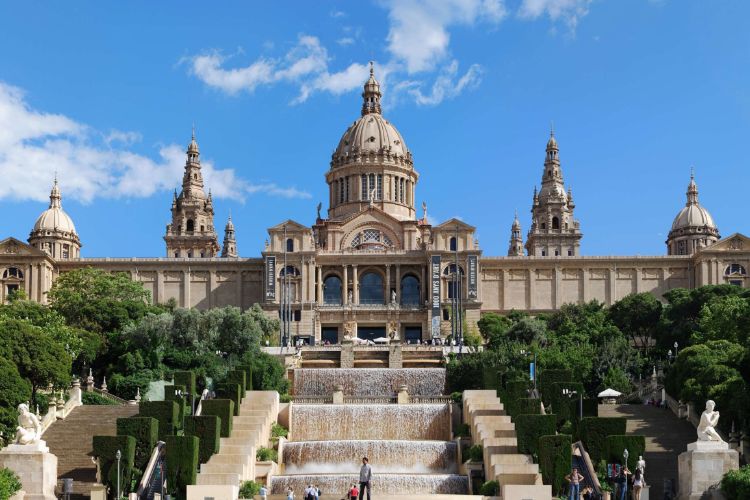
MNAC - Museu Nacional d'Art de Catalunya
BarcelonaMuseu Nacional d'Art de Catalunya displays original Catalan art but it is also known for its extensive collection of Romanesque paintings. It's set in the Palau Nacional of Montjuïc, a Spanish Renaissance building designed for the 1929 International Exhibition. On the ground floor, the collections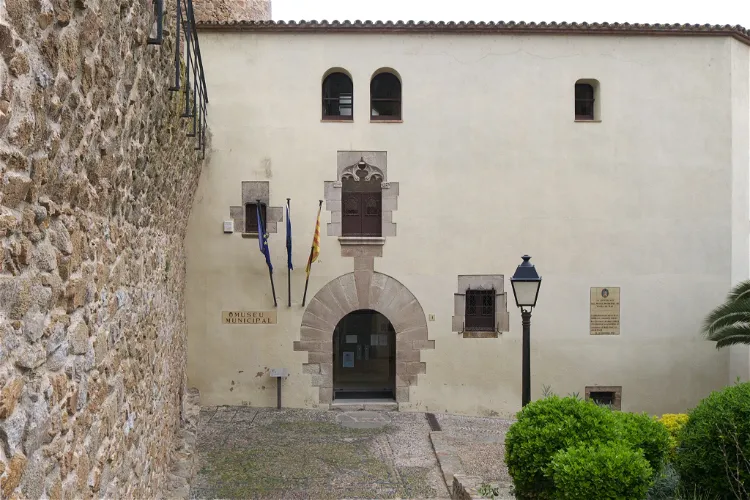
Municipal Museum of Tossa de Mar
Tossa de MarThe Municipal Museum of Tossa de Mar is a significant cultural asset of national interest located in the town of Tossa de Mar in Catalonia. The museum's primary purpose is to display the works of artists who have stayed in Tossa de Mar, making it a rich repository of artistic heritage.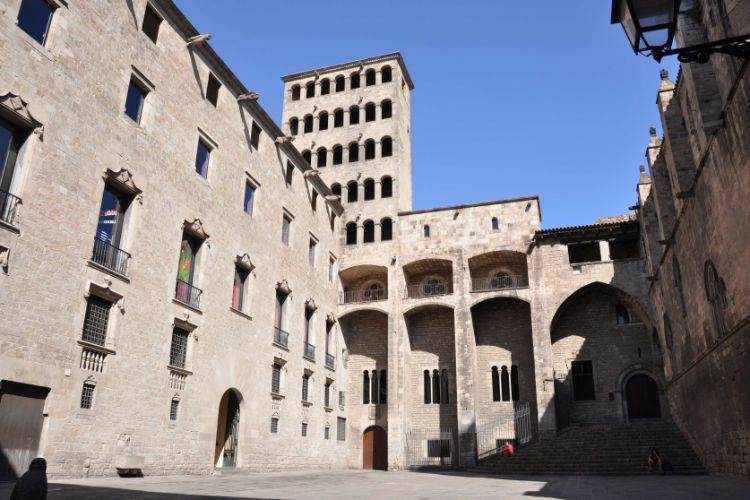
MUHBA Plaça del Rei
BarcelonaThe headquarters of the Barcelona City History Museum is situated in the three-story building. The museum lets you explore the remains of the ancient Roman city of Barcino. The museum consists of the archaeological underground and Palau Reial. The underground is all about the daily life in Roman ti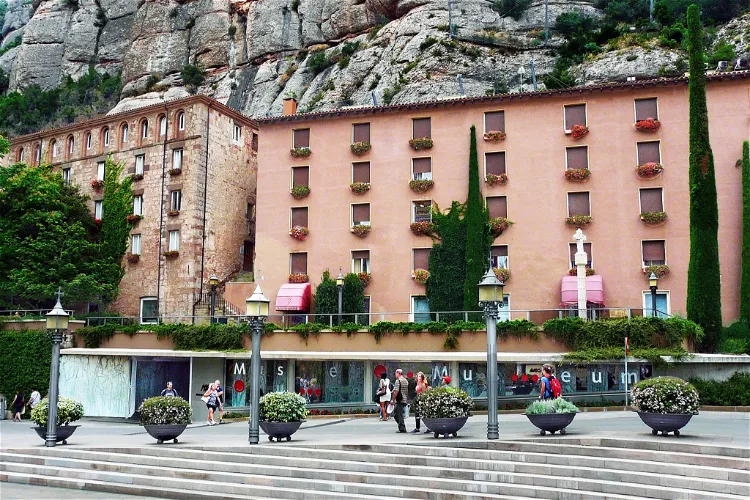
Museum of Montserrat
Monistrol de MontserratThe Museum of Montserrat is located within the Abbey of Montserrat, a thousand-year-old institution. It showcases a selection of the most outstanding artistic and archaeological heritage. This includes a wide range of collections, each unique and different, providing a comprehensive view of various historical periods and cultures.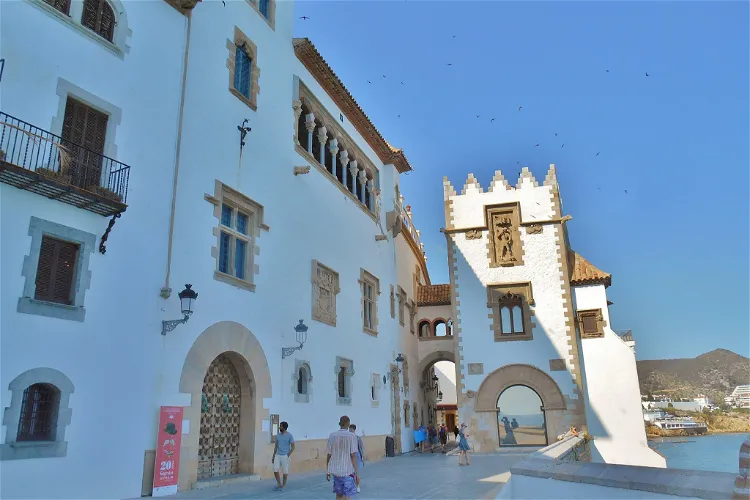
Maricel Museum
SitgesThe Maricel Museum, situated in the heart of Sitges, underwent a significant renovation and reopened its doors in 2015. This central location and its recent refurbishment make it an accessible and modern destination for tourists interested in art and history.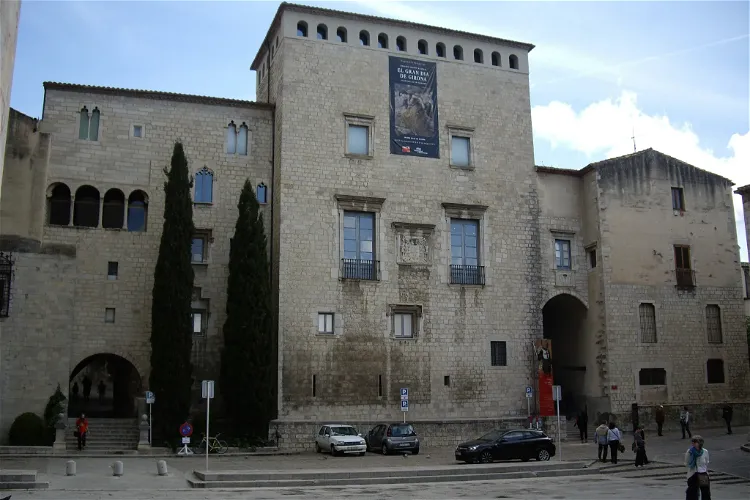
Girona Art Museum
GeronaThe Girona Art Museum, a public institution, was established in 1976. This was achieved by merging the collections of the provincial fine arts museum with those of the Girona Diocesan Museum. This merger resulted in a rich and diverse collection of artworks and artifacts, making the museum a significant cultural institution in the region.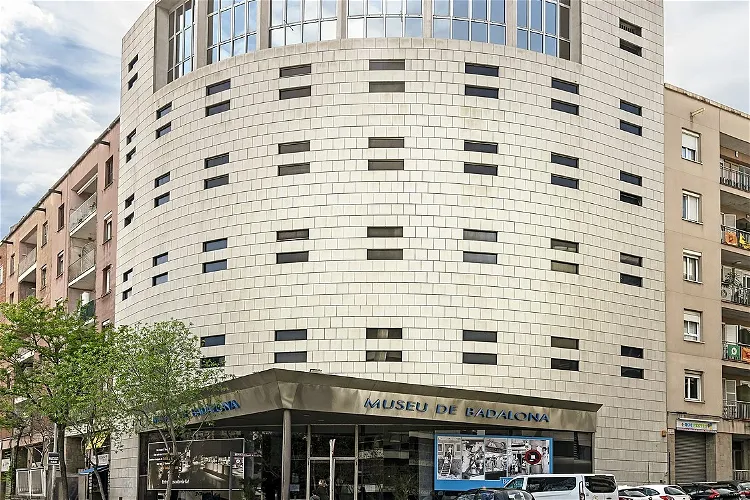
Badalona Museum
BadalonaThe Badalona Museum was founded in 1955, following the discovery of Roman baths by the local archaeologist and historian, Josep M. Cuyàs i Tolosa. This marked the beginning of the museum's journey, which has since become a significant cultural and historical site in the city.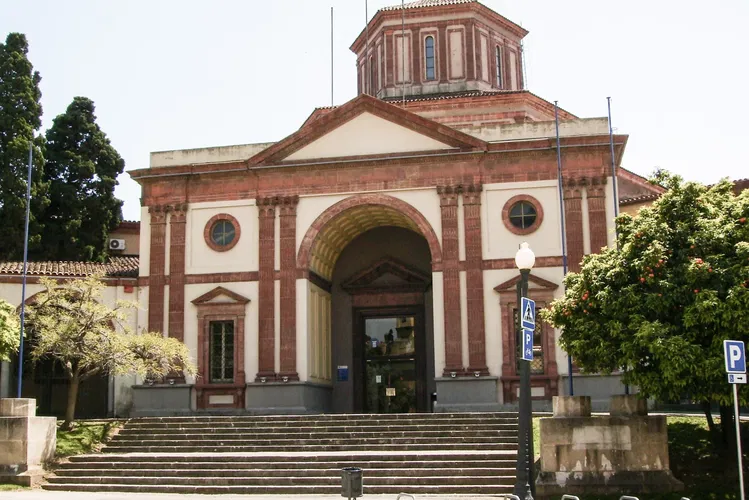
Ullastret
UllastretThe modern population of Ullastret is situated near the ancient Indika, the Iberian city of Ullastret. This city was once the capital of the Indigetes, an ancient Iberian tribe. The town's economy is primarily agricultural and tourist-based, with a population of 288 inhabitants.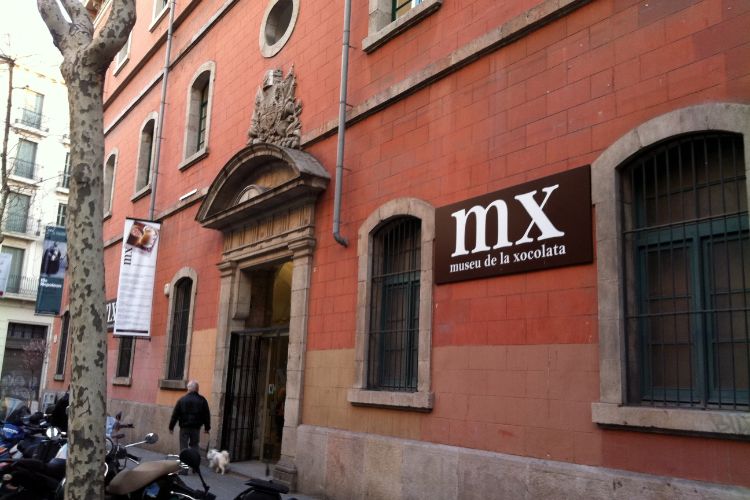
Museu de la Xocolata
BarcelonaIn Museu de la Xocolata you can admire chocolate sculptures as well as replicas of buildings. You will also learn about the history of chocolate and its importance for the ancient cultures of Latin America. Additionally, the museum shows the manufacturing of chocolate. Various events and workshops a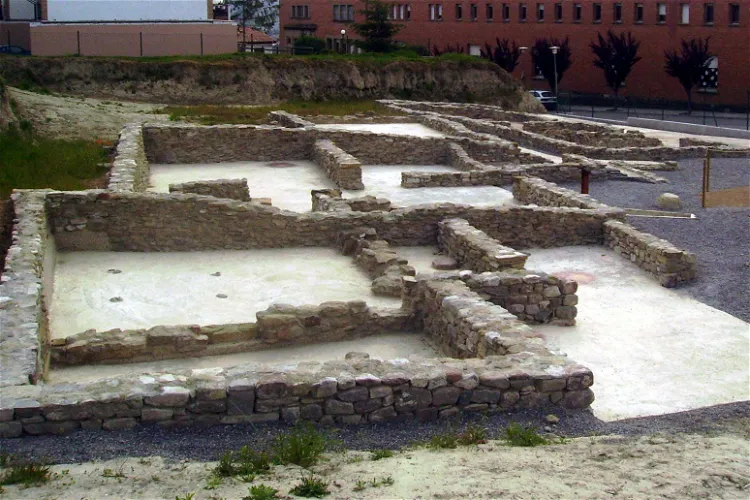
El Camp de les Lloses Interpretation Centre and Site
TonaEl Camp de les Lloses is a historical site that was once a Roman settlement. It is located in the area around present-day Tona, a town in the Osona region of Catalonia, Spain. The settlement was founded between the 2nd and 1st centuries BC, making it a significant part of the region's ancient history.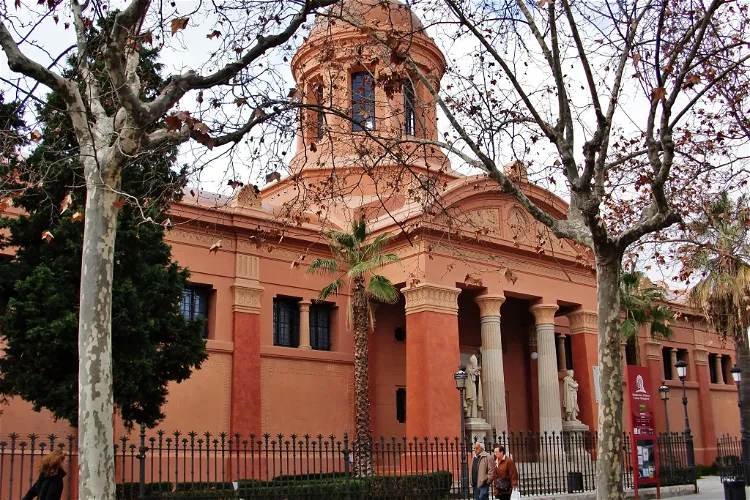
Biblioteca Museu Víctor Balaguer
Vilanova y GeltrúThe museum is home to the legacy of its founder, Víctor Balaguer. This includes a vast collection of books and various works of art that he amassed throughout his life. Visitors can explore a wide range of paintings, sculptures, ceramic and glass pieces, and ethnographic objects from distant cultures.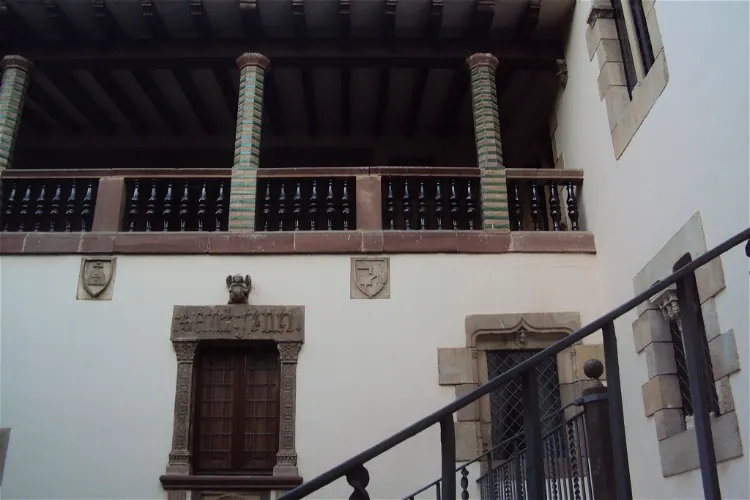
L'Enrajolada Santacana House-Museum
MartorellL'Enrajolada-Casa Museo Santacana, situated in Martorell, a province of Barcelona, is recognized as one of the oldest museums in Catalonia, Spain. The museum was established in 1876 by Francesc Santacana i Campmany and was later continued by his grandson, Francesc Santacana i Romeu. This historical establishment offers a glimpse into the rich cultural heritage of the region.